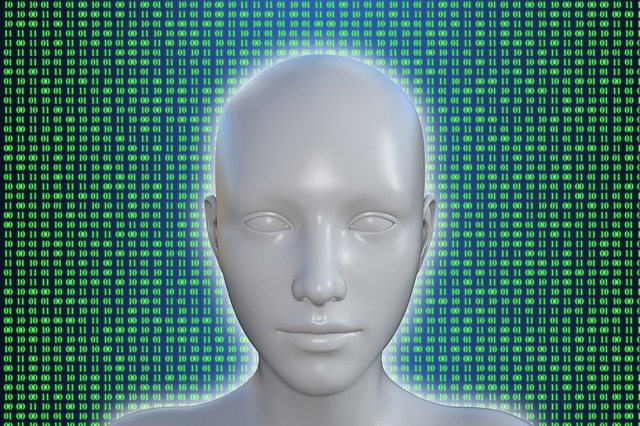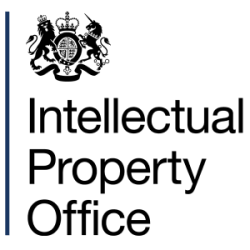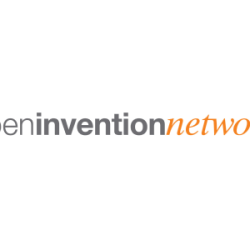The World Intellectual Property Office (WIPO) is currently undertaking a public consultation on AI and IP, seeking comments from interested parties on the likely impact of AI on IP law and practice.
Saiful Khan, partner and specialist electronics and computing patent attorney at Potter Clarkson, highlights the key challenges surrounding this ambitious exercise.
“At least one aim of this dialogue is to decide whether (and, if so, to what extent) the IP system should be adapted to accommodate AI to ensure that it continues to be fit for purpose.
“[The] consultation seeks comments in relation to several areas of the IP system. These areas include patents, copyright, data, designs and accountability for IP administrative decisions taken using AI.
“More generally, whether AI-generated works should be eligible for protection by way of one or more sui generis rights is also an area in which WIPO seeks comments … [C]ommon discussion themes emerge: who is entitled to own AI-generated works; how can AI be used as a tool for IP administration; and should AI training be exempt from infringement of existing rights?
“Looking at patents specifically, there are many, as yet, unanswered questions around four key areas:
- Inventorship and Ownership
As shown by the ‘DABUS’ patent applications, the existing frameworks of patent law are being challenged to accept an AI inventor. In such cases, should the patent system recognize AI inventors? If yes, who is then entitled to an AI inventor’s inventions, and under what derivation of right? If no, should inventions generated by an AI be formally excluded from patentability?
- Patentable Subject Matter and Patentability Guidelines
Computer-implemented inventions (CIIs) are examined for patent-eligibility and patentability according to different criteria around the world. Although AI inventions may be considered a subset of CIIs, are current CII examination practices suitable for AI? If not, what amendments need to be made?
- Inventive Step or Non-Obviousness
In view of, for example, the European standard applied for assessing inventive step – if, having regard to the start of the art, the invention is not obvious to a person skilled in the art – what implications arise from providing a skilled person with AI tools? If an invention is deemed to have been invented by an AI, should consideration be given to replacing a skilled person in the obviousness test with an appropriately trained AI?
- Disclosure of AI Algorithms and Training Data
If an invention has been made using a deep learning network, where the route(s) from input to output are unknown, is a description of the deep learning network’s initial state in a patent application sufficient to enable a person skilled in the relevant art to reproduce the invention? Would a system of deposit for algorithms and/or training data, like the deposit system for microorganisms, be useful?
“Any changes made to the current IP system in relation to AI could significantly shape the way technology evolves. For this reason, we encourage any interested parties to get in involved in the discussion by sharing their views at this early stage.”










